environment

Tackling Mangrove Protection Challenges in Thailand
The Scientist and MGI Tech | Dec 5, 2024 | 9 min read
High-throughput sequencing technology supports mangrove protection efforts.
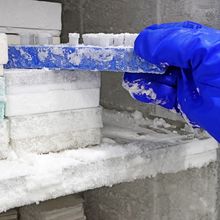
Holistic Freezer Sustainability Goes Beyond Energy Certification
The Scientist and Stirling Ultracold | Oct 2, 2024 | 3 min read
Product efficiency requirements help combat the environmental cost of ultra-low temperature freezers, but there is more to sustainability than standardized energy ratings.
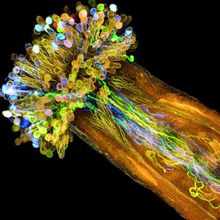
The Hidden Dance of Plant Fertilization
Mariella Bodemeier Loayza Careaga, PhD | Oct 1, 2024 | 2 min read
A new method enables clear visualization of the dynamic changes during angiosperm reproduction.
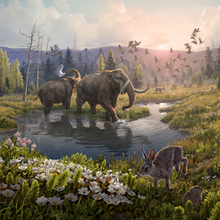
Scientists Unearth the Oldest DNA Ever Found
Katherine Irving | Sep 27, 2024 | 3 min read
The 2.4-million-year-old environmental DNA fragments collected from permafrost in northern Greenland unlock insights into an ancient ecosystem.
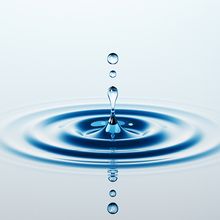
The Importance of Water Purity when Studying Endocrine Disruptors
ELGA Veolia | Sep 19, 2024 | 1 min read
Detecting endocrine disrupting compounds for monitoring or characterization requires ultrapure water for consistent results.
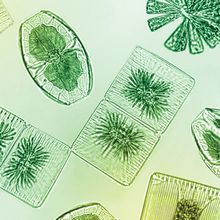
Better Living Through Algae Biotechnology
Hannah Thomasy, PhD | Sep 13, 2024 | 10+ min read
Scientists explore how unicellular aquatic organisms could help humanity exist more sustainably.

Takara Bio launches large-scale, flexible qPCR system to advance broad surveillance of antimicrobial resistance
Takara Bio | Sep 5, 2024 | 2 min read
Takara Bio USA, Inc., a wholly owned subsidiary of Takara Bio Inc., today announced the launch of the SmartChip ND™ Real-Time PCR System, an automated, research-use-only (RUO), high-throughput qPCR solution for monitoring antimicrobial resistance (AMR), supporting efforts to ensure environmental safety and sustainability.

Zymo Research Launches Quick-DNA/RNA™ Water Kit For Comprehensive Water Sample Analysis
Zymo Research | Aug 19, 2024 | 2 min read
The Quick-DNA/RNA™ Water Kit is designed to provide researchers with the tools they need to achieve superior results in a variety of applications, from pathogen surveillance to environmental monitoring.

DNA Metabarcoding Reveals Hidden Biodiversity
Hannah Thomasy, PhD | Aug 15, 2024 | 2 min read
Genomicist Mehrdad Hajibabaei empowers Canadian communities to monitor bioindicator species in their local freshwater ecosystems.
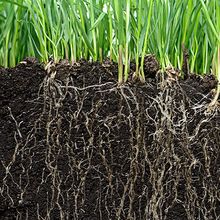
Plants Defend Themselves Against Heavy Metals
Shelby Bradford, PhD | Jun 13, 2024 | 3 min read
A metabolite from maize roots protects the plants against arsenic toxicity.
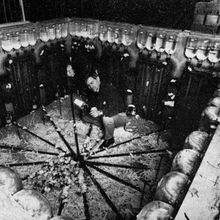
Universe 25 Experiment
Annie Melchor | May 28, 2024 | 5 min read
A series of rodent experiments showed that even with abundant food and water, personal space is essential to prevent societal collapse, but Universe 25's relevance to humans remains disputed.
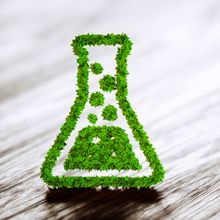
Sustainability Trends Shaping Lab Design
Stirling Ultracold | Oct 16, 2023 | 1 min read
Sustainable laboratory design trends move research toward a zero carbon future.
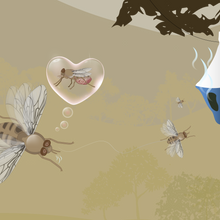
Elusive Tsetse Pheromones
Danielle Gerhard, PhD | Jul 5, 2023 | 2 min read
Researchers discovered novel attractants that may improve Tsetse fly traps and help control disease spread.
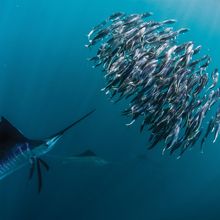
Fishermen and Hobbyists Provide Scientists with Invaluable Data
Natalia Mesa, PhD | Jun 1, 2023 | 5 min read
In Los Cabos, Mexico, a panga boat captain and a deep sea fishing enthusiast support researchers working to explain declines in Pacific fish populations.

Nanoplastic Ingestion Causes Neurological Deficits
Shelby Bradford, PhD | May 31, 2023 | 3 min read
Small plastic particulates can induce inflammatory responses in the gut and brain, but removing them reverses this damage.

Understanding Brain Changes in Response to Extreme Environments
The Scientist | May 17, 2023 | 1 min read
Steven Jillings and Rachael Seidler will discuss the latest advances in understanding neuroplasticity and dysfunctional brain changes in response to spaceflight.
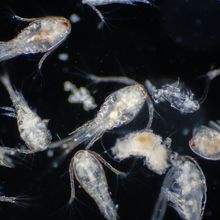
Combining Climate Stressors Leads to Unique Changes in the Genome
Jennifer Zieba, PhD | Mar 20, 2023 | 3 min read
Researchers found that copepod genomes adapt in distinct ways when simultaneously exposed to multiple environmental conditions.
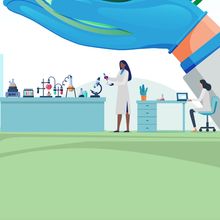
How to Get Started Sustainably
Eppendorf and Promega | Mar 1, 2023 | 1 min read
For new researchers, there is no better time than laboratory start-up to prioritize lab processes that protect the planet.
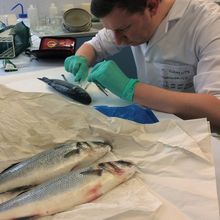
Researchers Watch Fish Rot, for Science
Mary Bates | Mar 1, 2023 | 4 min read
Recording the pH within decaying organs for the first time, researchers come closer to understanding why some soft tissues are more likely to be preserved as fossils than others.
